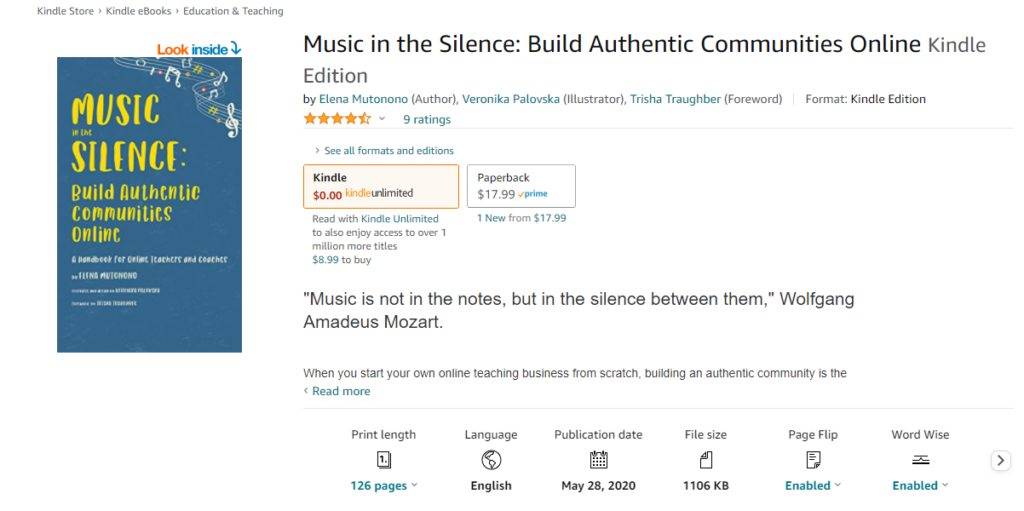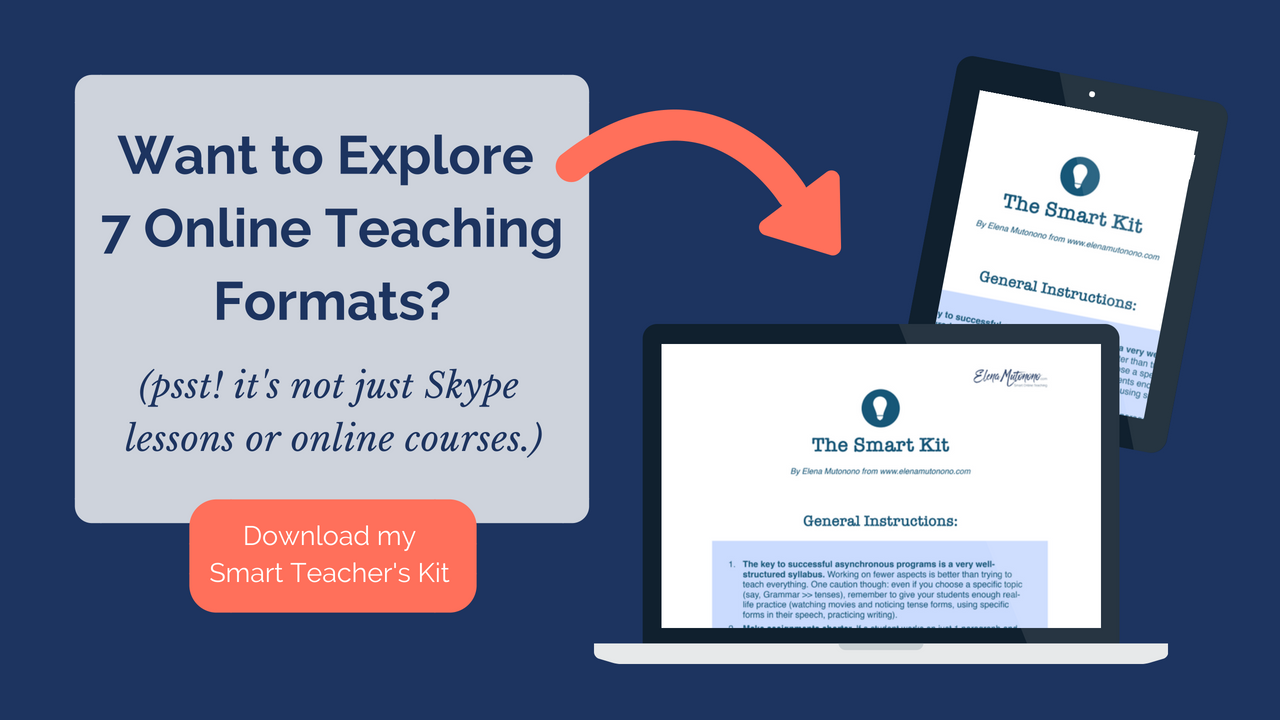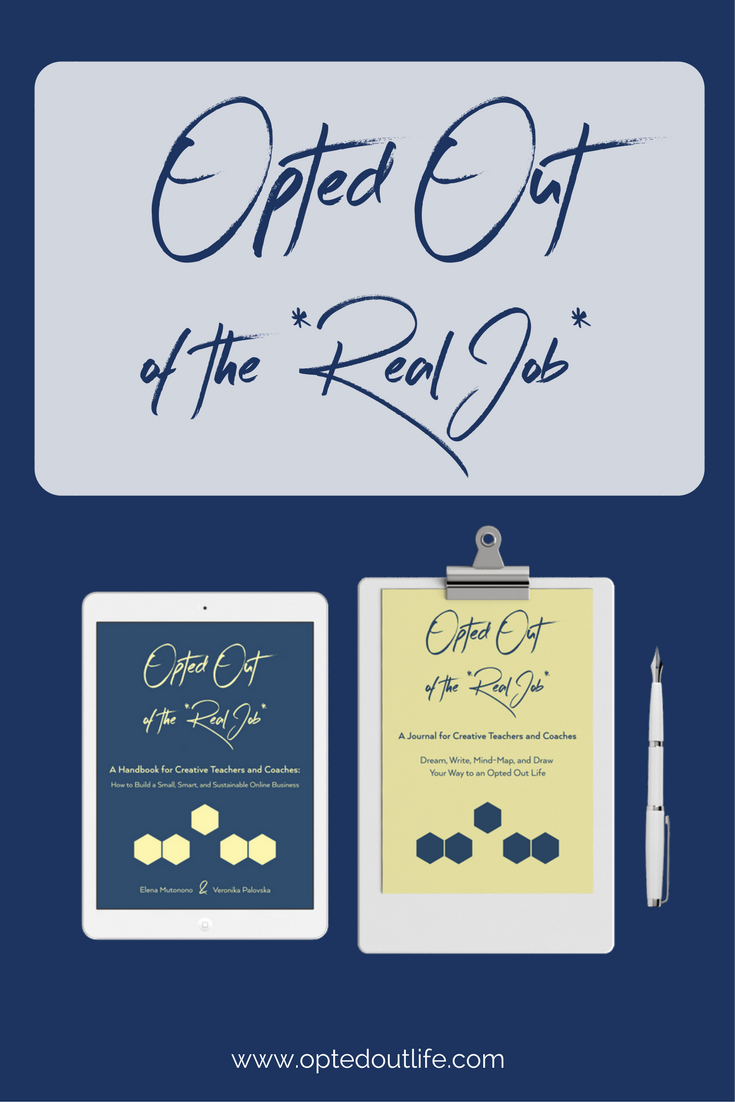If I am King, where is my power? Can I form a government? Levy a tax? Declare a war? No! And yet I am the seat of all authority because they think that when I speak, I speak for them. But I can’t speak.~ from “The King’s Speech,” 2010.
Lionel Logue is listening in silence. He’s done it for some time. He’s worked with shell-shocked men coming from the war, traumatized, unable to speak. He’s given them “faith in their own voice,” letting them know he was listening. But he sure wasn’t expecting such a career turn.
King George VI is in front of him in the living room. Stuttering. Sweating. Speaking. Then stumbling. The King wasn’t ready for this. He didn’t opt into this position of power. But now he is King. And he needs help.
One Teacher’s Impact.
As an accent trainer, I’ve always been interested in clinical pronunciation training where the teacher works with speech impediments and helps people not just overcome their physical limitations but also conquer themselves.
If you remember from The King’s Speech movie, the teacher’s work goes beyond a series of exercises and practices. It empowers each individual client to believe that they can overcome their limitations. The teacher is the conduit of such a mindset shift in the life of their student.
If you teach languages, you know first hand the reward you get when no-speech turns into fluency. This is what drives you each day.
What’s also noteworthy is that this one student you’re teaching can influence millions if you give them the confidence to speak and be heard.
But before you help her to be heard, you need to listen to your potential client and speak her language through the medium you have available for now: your youtube channel, your blog on medium or linkedin, your podcast and ultimately your own website.
You want your space to speak on your behalf so content consumers become clients.
Make your website speak for you. Use these 3 strategies to connect with your future clients.Click To Tweet
How do you make your website “speak” for you?
A few days ago someone who works in the area of speech therapy contacted me asking for help with email marketing. I took a look at the website to find out that this person’s job is to help children learn to read.
Reading is something many of us take for granted. We’re now sitting in front of our big or small screens all over the world, reading the words on this website, sipping on coffee, tea, wine and don’t stop to think how many children out there sweat to put a word together.
Throw in reading in another language, and the challenge has become greater. Yet every day when I open a book, my favorite blog and read something that will potentially change my life I can’t be thankful enough for this ability to read in more than 1 language.
To think what all of us have achieved thanks to reading is mind-boggling.
Why am I spending so much time elaborating on this teacher’s niche?
When you want to connect with your potential clients through your website, you need to go to your core message, your irreducible module, your why. This drives your work, it defines your niche. If you want to connect with your audience, listing your services isn’t enough.
Such websites won’t make random onlookers into raving fans. This is why this speech therapist was struggling to attract new clients.
Why doesn’t your website speak for you?
Quite typically for many online professionals, the first thing on this professional’s home page isn’t the statement about how fantastic it is to be able to pick up a book to read, but some generic listing of services, packages, email and phone numbers.
When I look for the person behind this website on the “about” page, I find a quick and generic bio about the teacher’s credentials and qualifications.
The irony of that is, from the little correspondence I’ve had, the person behind this website has a unique set of skills that are helping child after child, day after day, yet the website is silent. Its stuttering descriptions generic. The call to action is vague.
3 Ways to Make Your Websites Speak for You.
Friends, most of our websites are like that. My first two websites were like that.
We hold the treasures that can potentially help stuttering children, embarrassed businessmen, frazzled call center workers, frustrated and overworked students, exhausted expats and lonely pensioners.
Yet we let our websites stammer. We let our potential clients sweat looking for ways to connect with us. We are too shy or busy to write a few paragraphs on why what we do really matters to us and why we believe it can change the world.
Somehow we put on a corporate face that borrowed its voice from hundreds of other websites. We are afraid to share what we have with the rest of the world because we say we don’t have the time, can’t write, can’t say things “right,” etc., when in reality we’re just busy hiding behind our fear or insecurity.
We think we’re the impostors that nobody wants. How then can our websites speak and connect to our ideal client? How can they do the marketing for us?
If you find yourself in the category of teachers who wish to improve their website but have no idea how to go about it, here’re 3 things you might consider doing today.
#1: Get rid of the “we” so your client gets to know the real you.
Do you have phrases like “We will help you improve your IELTS score” or “We will help you with your writing skills?”
Unless you’re a “we” (there’re several of you), switch all of this to “I.” If people need a corporate feel they will go to a large training center that can teach them from the “we” perspective. And you won’t be able to beat that competition.
In order to be different, you have to be you. You need to connect to impact.
***
Would you like to learn how to build an authentic community online? Check out my book:
#2: De-clutter your home page so you don’t lose your future client.
I know how tempting it can be to offer our guests 5 options before they even figure out who you are. In the business world, too many options make a choice harder, so if you wish for your audience to do something, leave just 1 choice.
The 1 option can be the sign up for your newsletter or your latest blog post, or the “Start here” button. Make sure you know what you want your visitors to do, and then include that.
Once that is done, remove all the noise that doesn’t convince people to do what you want them to do. Keep everything simple.
Check out Veronika Palovska’s FREE Copy Detox for Teacherpreneurs if you want to do a thorough cleaning of your website.
If you want to include more than one call to action to your home page (once your business has grown) check out this post on how to do it without adding more clutter.
#3: Draft your tagline (or core message) so your focus is clear.
Do you know that every movie has a tagline? It can be funny, dumb or serious and deep. Either way, your reaction is usually either “I gotta watch this” or “I can’t believe anyone would watch that crap.”
Taglines immediately communicate what your brand is about. I know it can be scary reducing your 15-years-as-an-online-teacher-and-1000-on-talki into a tagline that actually connects, but if you want your website speak for you and connect to your potential client, saying what you do isn’t enough.
Your tagline is a short, unique and powerful mission statement. It’s your why, your expertise, your passion and your promise all condensed into 1-2 (short) sentences.
Your takeaway…
I know this may sound daunting.
I also know that what I wrote isn’t for everyone (I have long abandoned my desire to please everyone).
I believe that we’re all at different stages on our journey, and you may or may not be ready for what I’m sharing here, and it’s fine.
But if you have read thus far and feel empowered and ready to change the world sharing your special expertise, this message speaks to you. Which means you can and will take action. You will make your brand memorable. You will make your website speak for you.
I want you to remember that...
There is no more time for another generic website. There is no more time for another “shy” teacher. The world needs you. You can help. Take courage and make the changes that will impact your readers.
- Write authentically.
- De-clutter your website and zoom in on your message.
- Communicate your true “why,” your values and your passion to the world that’s dying to learn from you.
- Speak with authority because your expertise can help millions.
Don’t get too bogged down by the numbers. “Many sales” means nothing if there’s no transformation.
Online #teacherpreneurs: “many sales” means nothing if there’s no transformation. Click To Tweet
If you know how to help just 1 client, you can reach out to millions. Lionel Logue did it for the King. Ann Sullivan did it for Helen Keller.
You can, too. When you stop hiding behind what someone calls “norm” (aka be like everyone else) and be you.
Some time into the movie, Lionel Logue’s “method” is challenged. It turns out he isn’t what everyone thought he was. He isn’t that experienced or knowledgeable. He isn’t exactly “the person with XX years of practice.”
This is when he says,
“It’s true, I’m not a doctor. And yes, I acted. A bit. Well…I recited in pubs, I taught elocution in schools. When the Great War came, all our soldiers were returning to Australia from the front, a lot of them shell-shocked, unable to speak.
Somebody said, “Lionel, you’re very good at all this speech stuff, you think you could possibly help these poor buggers?” I did muscle therapy, exercises, relaxation, but I knew I had to go deeper.
Those poor young blokes cried out in fear. No one was listening to them. My job was to give them faith in their own voice, and let them know a friend was listening.”
Your website, your services, your social media platforms have to speak for you. They can “listen” to your client’s woes and offer a unique solution the minute someone wanders on your site. That uniquely yours solution will give your readers “faith in their own voice,” and with your help they will have the confidence to impact those around them.
The post was updated in March, 2021.




 Welcome to my nook where *Big Magic* happens. My name is Elena Mutonono, I help small business owners package their services as digital products and sell them online. I want you to work smarter, not harder. Increase your impact beyond your current face-to-face clients. Grow your business as you reach more people all over the world.
Welcome to my nook where *Big Magic* happens. My name is Elena Mutonono, I help small business owners package their services as digital products and sell them online. I want you to work smarter, not harder. Increase your impact beyond your current face-to-face clients. Grow your business as you reach more people all over the world.







